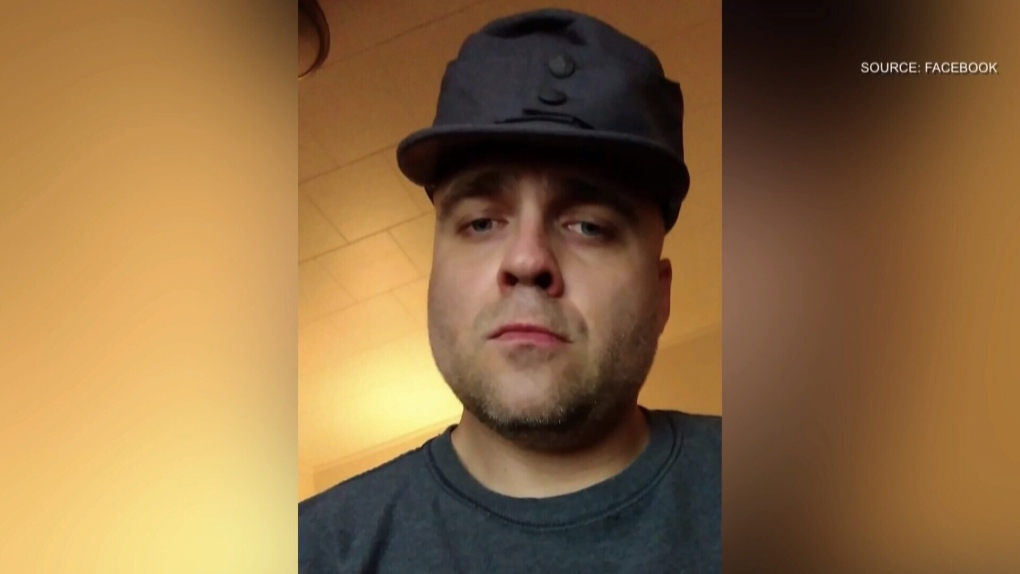
Lawyers make closing arguments in the trial of admitted serial killer Jeremy Skibicki
CTV
Admitted serial killer Jeremy Skibicki’s defence lawyers have argued the accused had a history of schizophrenic delusions culminating in ‘catastrophic circumstances,’ while Crown prosecutors say the killings of four vulnerable Indigenous women were driven by Skibicki’s racist views and deviant sexual urges.
Warning: This article contains content that may be disturbing to readers. Discretion is advised.
Admitted serial killer Jeremy Skibicki’s defence lawyers have argued the accused had a history of schizophrenic delusions culminating in “catastrophic circumstances,” while Crown prosecutors say the killings of four vulnerable Indigenous women were driven by Skibicki’s racist views and deviant sexual urges.
After a month-long trial in Manitoba’s Court of King’s Bench, Crown and defence lawyers made their closing arguments Monday.
The 37-year-old accused has admitted to killing four Indigenous women but has pleaded not guilty to four counts of first-degree murder. His lawyers are asking the court to find him not criminally responsible by way of mental disorder.
“Delusions are driving a lot of what he is doing,” Skibicki’s defence lawyer Leonard Tailleur told the court Monday.
The court has heard previously between March and May 2022, Skibicki went to homeless shelters in Winnipeg where he preyed on four Indigenous women: Rebecca Contois, Morgan Harris, Marcedes Myran, and an unidentified woman who Indigenous leaders have named Mashkode Bizhiki'ikwe or Buffalo Woman.
After inviting them back to his apartment, the court was told Skibicki assaulted the women, often sexually, strangled or drowned them, defiled their bodies, and disposed of the remains in garbage bins.

 Run 3 Space | Play Space Running Game
Run 3 Space | Play Space Running Game Traffic Jam 3D | Online Racing Game
Traffic Jam 3D | Online Racing Game Duck Hunt | Play Old Classic Game
Duck Hunt | Play Old Classic Game